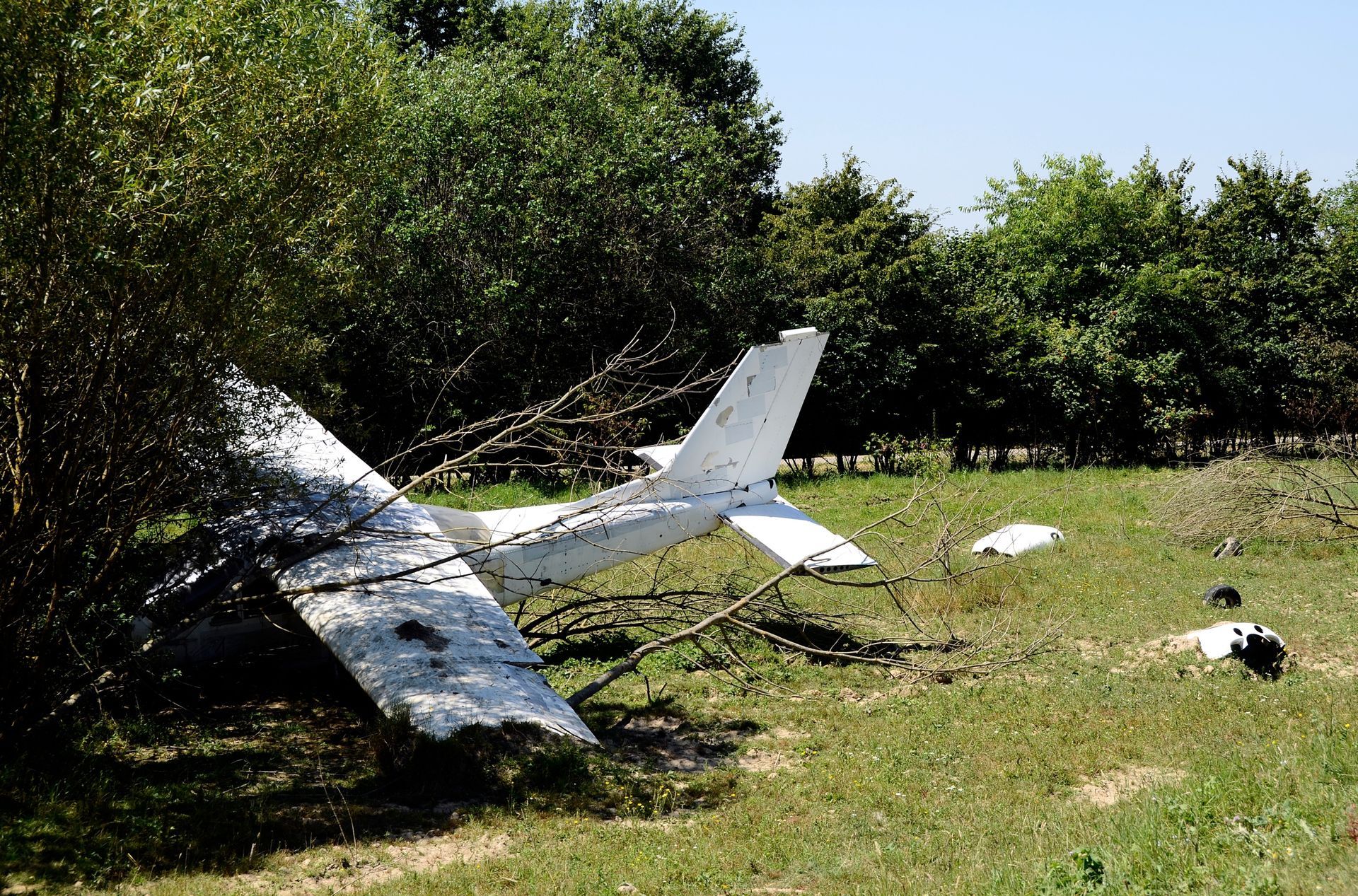Wrongful Death Claims in Texas: Understanding the Process and Seeking Justice
David K. Wilson & Associates
June 15, 2024
The loss of a loved one due to someone else’s negligence or wrongful actions is devastating. In Texas, wrongful death claims provide a legal avenue for surviving family members to seek justice and compensation for their loss. This post will explore the process of filing a wrongful death claim, who can file, and what damages may be recoverable.
What Constitutes Wrongful Death?
Wrongful death occurs when a person dies due to the negligent, reckless, or intentional actions of another party. Common causes include:
- Car Accidents: Fatalities resulting from negligent or reckless driving.
- Medical Malpractice: Deaths caused by medical negligence or errors.
- Workplace Accidents: Fatal incidents occurring due to unsafe working conditions or employer negligence.
- Defective Products: Deaths resulting from dangerous or defective products.
- Criminal Acts:
Homicides and other intentional acts of violence.
Who Can File a Wrongful Death Claim in Texas?
In Texas, the following individuals are eligible to file a wrongful death claim:
- Surviving Spouse: The husband or wife of the deceased.
- Children: Both biological and legally adopted children of the deceased.
- Parents: Biological or adoptive parents of the deceased.
If none of these parties file a claim within three months of the death, the executor or administrator of the deceased’s estate may file the claim unless expressly prohibited by the eligible family members.
Steps to Take When Filing a Wrongful Death Claim
- Consult a Wrongful Death Attorney: An attorney can help you understand your rights and the legal process.
- Gather Evidence: Collect evidence supporting the claim, such as medical records, accident reports, and witness statements.
- File the Claim: The attorney will file the wrongful death claim in the appropriate court.
- Negotiate a Settlement: Many wrongful death claims are settled out of court. Your attorney will negotiate with the responsible party’s insurance company.
- Go to Trial if Necessary: If a fair settlement cannot be reached, the case may go to trial.
Recoverable Damages in a Wrongful Death Claim
- Economic Damages: Include medical and funeral expenses, lost wages, and loss of future earnings.
- Non-Economic Damages: Compensation for pain and suffering, mental anguish, loss of companionship, and loss of consortium.
- Punitive Damages: In cases of gross negligence or intentional harm, punitive damages may be awarded to punish the wrongdoer and deter similar behavior.
The Role of a Wrongful Death Attorney
A wrongful death attorney can:
- Investigate the Death: Conduct a thorough investigation to gather evidence and establish liability.
- Navigate Legal Complexities: Handle all legal procedures and paperwork to ensure the claim is filed correctly and on time.
- Negotiate with Insurers: Seek fair compensation through negotiations with the insurance company or responsible party.
- Represent You in Court: If the case goes to trial, the attorney will represent your interests and advocate for maximum compensation.
Filing a wrongful death claim in Texas involves a complex legal process, but it can provide surviving family members with justice and financial relief. Consulting with a wrongful death attorney can help you navigate this challenging time and ensure you receive the compensation you deserve. By understanding the steps involved and your rights, you can seek justice for your loved one and hold the responsible parties accountable.



